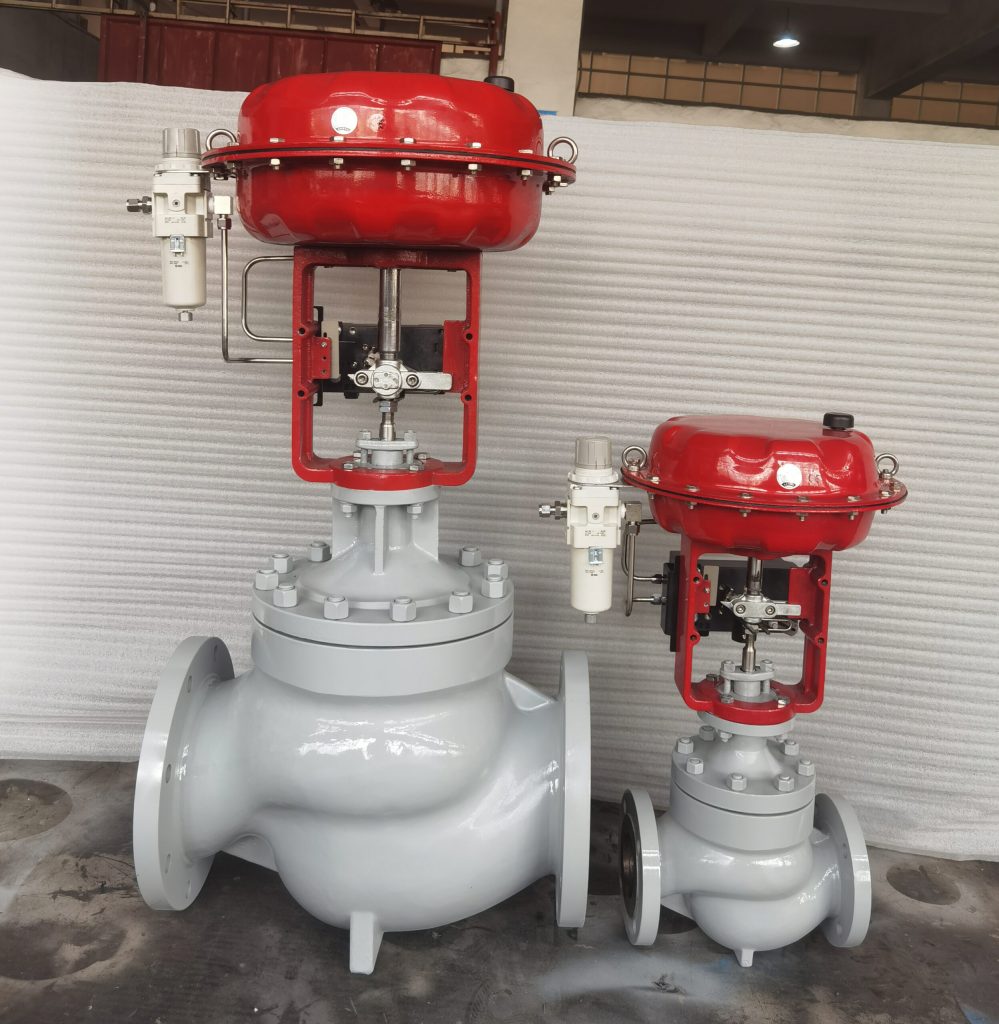Control valves are critical components in pipeline networks that manage the flow and pressure of fluids such as gas, oil, water, or chemicals. These valves regulate conditions within a system, helping to maintain balance and efficiency. Most importantly, control valves play a major role in ensuring operational safety by preventing system failures, leakages, and pressure-related accidents.
Why Control Valves Are Essential for Safety
Control valves help minimize the risk of mechanical or environmental failure. They ensure that pipelines operate within set parameters, reducing the likelihood of incidents caused by pressure surges, temperature changes, or unexpected flow variations. Here are the key safety benefits of control valves:
- Pressure Regulation: Control valves keep pressure within safe limits, avoiding overpressure that can lead to pipeline bursts.
- Flow Control: These valves manage the speed and volume of fluid flow, reducing turbulence and wear on pipelines.
- Automatic Shut-off: In emergency scenarios, control valves can quickly isolate sections of the pipeline to prevent further damage or leaks and control valve should always be in what position.
- Temperature Management: They help maintain stable fluid temperatures, which is crucial in high-risk industries like chemical processing.
Enhanced Monitoring and Feedback
Vincer control valves are integrated with smart sensors and automation systems. These allow real-time monitoring of pipeline performance, offering alerts and corrective actions instantly.

- Real-Time Data: Sensors provide continuous feedback on flow rate, pressure, and temperature.
- Automated Adjustments: Control valves respond quickly to data, adjusting performance without manual intervention.
- Alarm Triggers: In the event of abnormal conditions, valves trigger alarms and initiate safety protocols.
Reduced Human Error
Automated control valves reduce the need for manual checks and adjustments. This lowers the risk of human error, which is often a leading cause of pipeline accidents.
- Less Manual Handling: Operators do not need to make constant adjustments, reducing fatigue and mistakes.
- Predictive Maintenance: Advanced control systems can identify valve wear or potential failure before it causes a safety issue.
Application Across Industries
Control valves are used in various pipeline systems including:
- Oil and Gas: Ensuring controlled transfer of crude and refined products.
- Chemical Plants: Preventing leaks of hazardous substances.
- Water Treatment: Managing flow and pressure in supply and wastewater pipelines.
- Power Plants: Regulating steam and cooling systems safely.
Key Safety Contributions
- Regulate flow and pressure to avoid accidents
- Enable fast response during emergencies
- Provide continuous monitoring and real-time control
- Minimize human errors and manual intervention
- Support safe operations in hazardous environments
Control valves are essential for maintaining operational safety in pipeline networks. Their ability to manage flow, pressure, and temperature while integrating with smart monitoring systems makes them a reliable safeguard against many operational hazards. By ensuring safe conditions and quick response to anomalies, control valves significantly reduce risks and contribute to a secure and efficient pipeline infrastructure.
